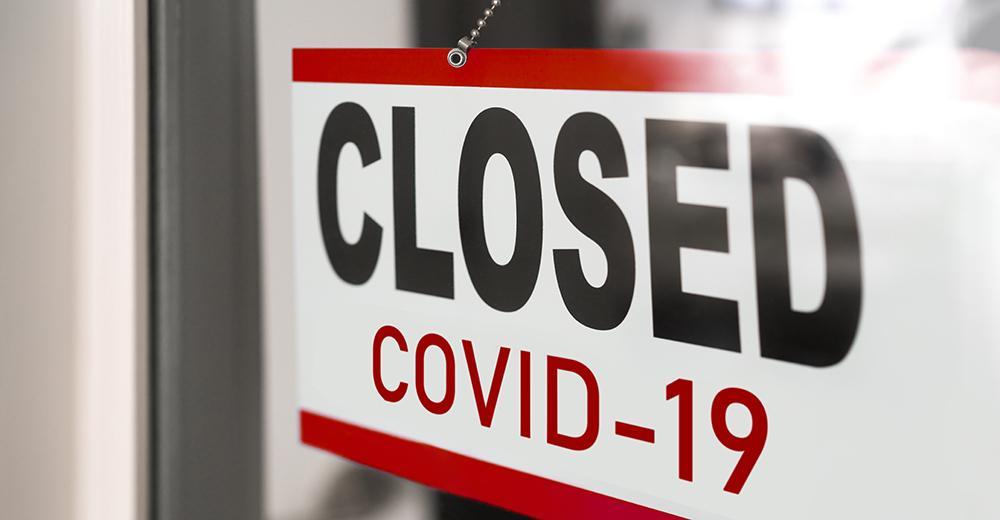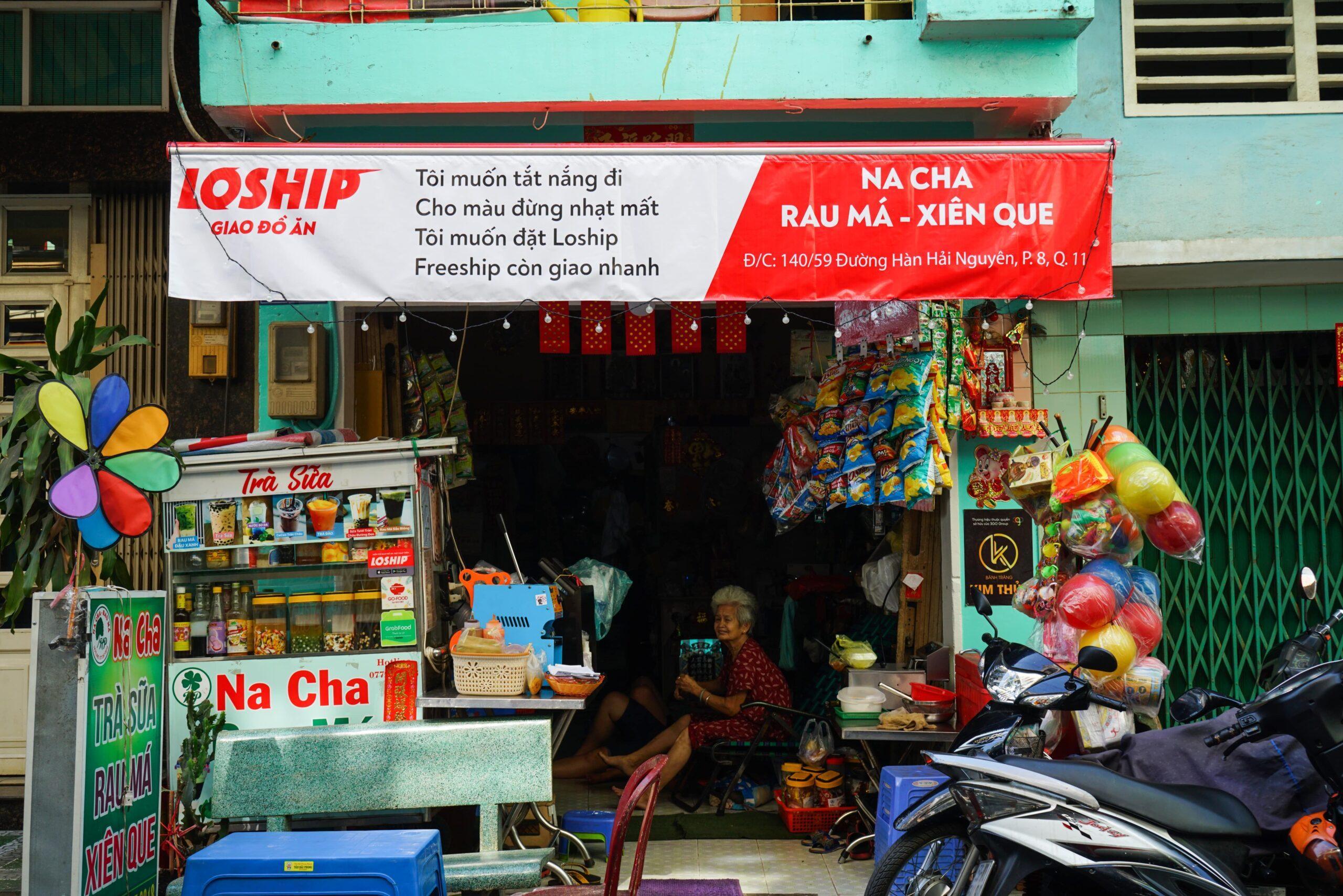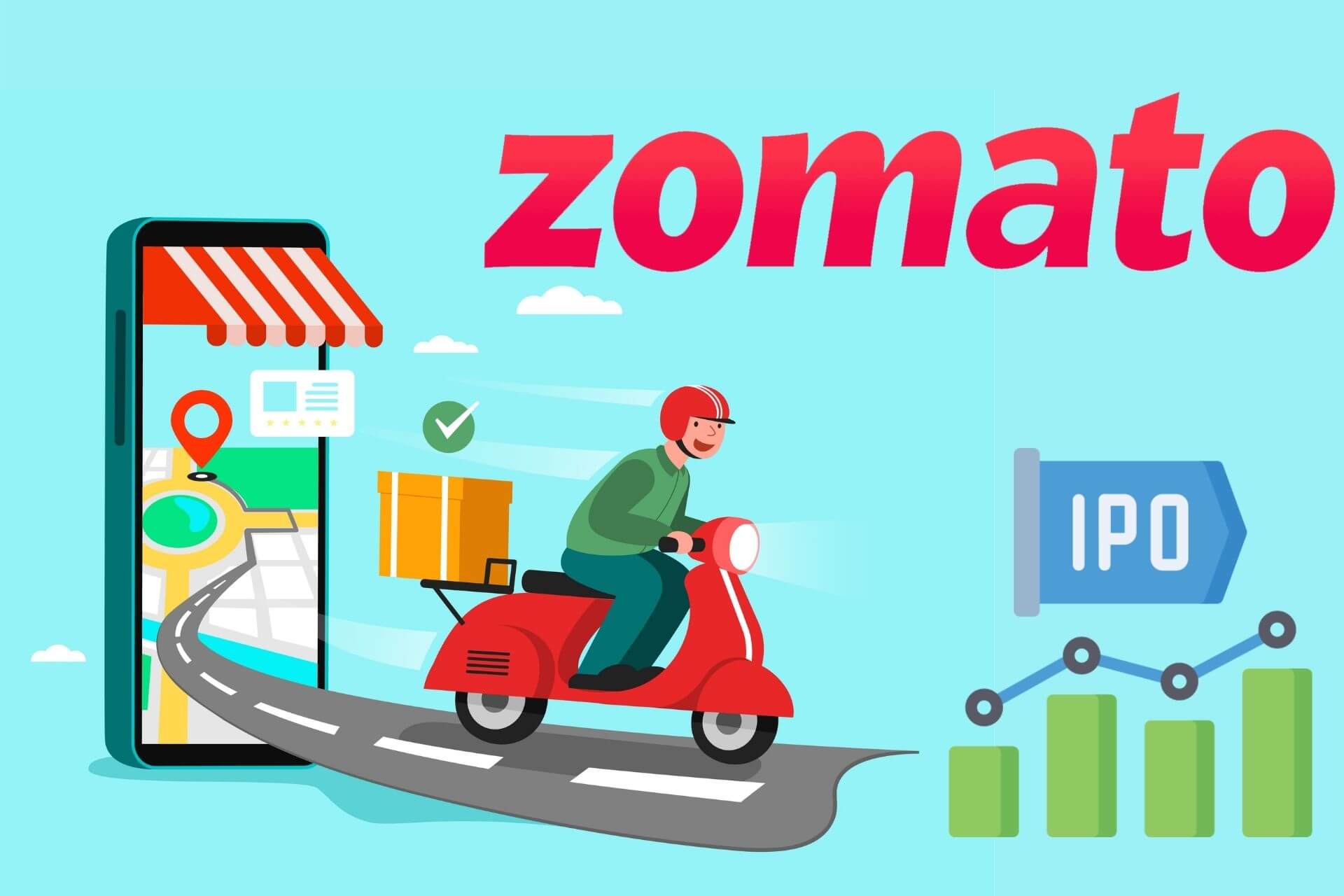AsiaTechDaily – Asia's Leading Tech and Startup Media Platform

Pandemic Victims – Story – 6 – Headliner – A Business Model That Relied On Live Performance And Performers
Founded in 2014, Headliner was a platform for musicians and other live performers to find gigs. It allowed artists and groups to create their profiles, and update them with details required for event organizers to book them. The platform was aimed at providing more opportunities for such acts, and allow them to find and commit to work that suited them. It also focused on allowing these artists to have access to a broader clientele, and more control over their shows.
Headliner – Pre-pandemic Success
Founded by Stan McLeod, Maria Hayden and Rosario Zuniga, Headliner had a great start. They attended the Techstars London accelerator programme the year after they started, and managed to secure an equity funding of £545,000. At their peak, they managed to host over 4500 acts on their platform, including high-level talents like Razorlight and Groove Armada.
The firm allowed these acts to communicate directly with the clients. They vetted all the acts to ensure that they had Public Liability insurance and provided a centralized database for individuals and groups looking to hire them. They also allowed artists to create their profiles, complete with a review system to boot. All this allowed the acts to reach out to a wider base of clients, and the clients to find and book acts that suited their tastes. On the backend, they also provided customer support round the clock and was more cost-effective than traditional booking methods.
The Pandemic and Live Events
The entertainment sector was severely affected by Covid-19, especially the live music and festival sectors. They lost a large part of their revenue due to cancelled events and the lockdown, which resulted in near-zero attendance from fans.
This affects the small, independent artists more than anyone else, as well as the live festivals where they played. These artists had a chance to earn a stable income with these gigs. When they stopped happening, their future became bleak. Unlike established big-name artists, these people did not make millions of dollars through albums or studio deals. Rather, their live performances were a way to boost their success.
Headliner closes down
Headliner, being a platform for a lot of such small, independent acts, suffered the brunt of this as well. As bookings became lesser and lesser, the platform was forced to shut down its operations in 2020. In their final address, they stated “We have worked tirelessly to provide a sustainable career for artists through live music performance. We feel proud about what we have achieved and the technology we have built to facilitate this. However, now is the time to move on to pastures new.”
The platform was a largely successful attempt to provide smaller artists with a steady and sustainable income. It created a platform where these people en masse can reach out to potential clients and book their gigs. This was meant not only to boost their income but also their publicity as well. However, Covid-19 threw a wrench in their plans. There was no way to overcome this issue, and the end was inevitable.





